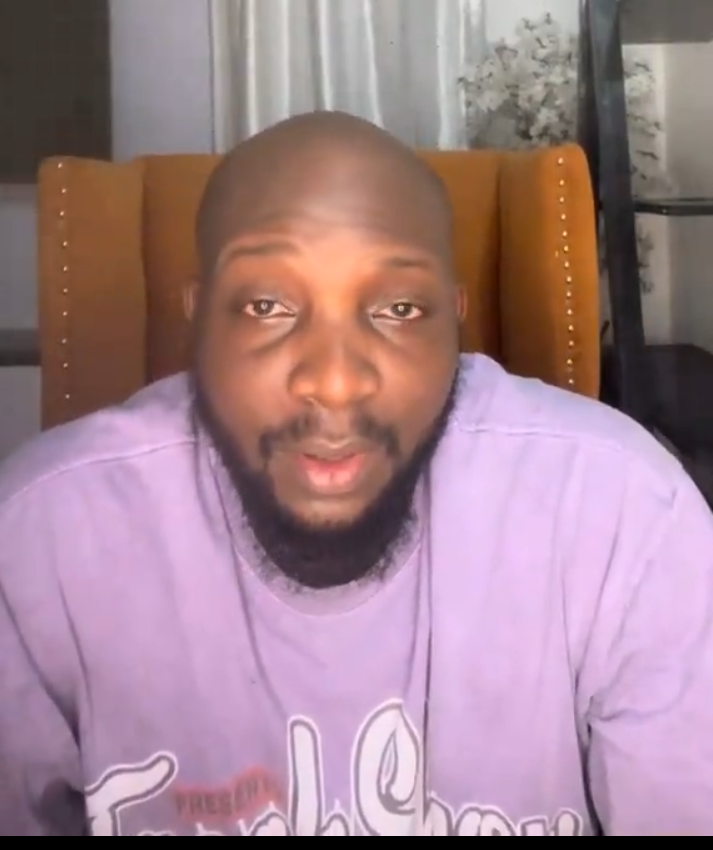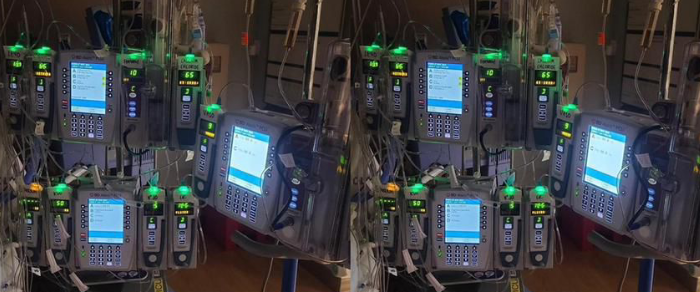
“I Was Flogged for Posting My Arrest”: Man Shares Shocking Experience After NDLEA Raid at Proxy Club

A young man has come forward with a chilling account of what he describes as a brutal and humiliating ordeal at the hands of officers of the National Drug Law Enforcement Agency (NDLEA) following a raid at the popular Proxy Club. His story has sparked outrage and renewed public scrutiny of how law enforcement agencies handle drug-related operations and the rights of citizens during and after such encounters.
According to the man, who shared his experience anonymously on social media, he was among the individuals arrested during the now-infamous NDLEA bust at Proxy Club. He narrated that what began as a night of fun quickly turned into a nightmare when NDLEA operatives stormed the club, ordering everyone to lie down as they conducted their operation. The scene, he said, was filled with confusion, fear, and panic, as officers allegedly used excessive force, shouting and hitting people indiscriminately.
He explained that despite complying with the officers’ instructions, he and many others were rounded up, bundled into NDLEA vehicles, and taken to their station for questioning. While the initial arrest was frightening enough, he said the real horror came later — not during the raid, but after he posted about the incident on his social media platforms.
In his words, he revealed, “After I was released, I made a post online about what happened that night. I didn’t insult anyone; I only said NDLEA raided Proxy and that I was arrested but later released. I thought I was just sharing my experience like any other Nigerian would. But the next thing I knew, I was being invited back to their office. When I got there, they accused me of trying to embarrass the agency. Before I could even explain myself, one of them started flogging me with a cable.”
He recounted that the officers allegedly took turns beating him, accusing him of “trying to go viral” with his story and tarnish the agency’s image. “I was beaten, slapped, and humiliated,” he said. “They told me I had no right to post about them on social media. One of them said, ‘You think you can trend with NDLEA’s name? We will teach you a lesson.’”
The man added that he was forced to delete the post and was warned never to speak publicly about the incident again. He said his phone was temporarily seized, and he was detained for hours before being allowed to leave. “I still have marks on my body from what they did to me,” he said. “I never thought something like this could happen just because I shared my experience.”
His account has since gone viral, drawing widespread condemnation from Nigerians who have described the incident as an abuse of power and a violation of human rights. Many social media users expressed anger at what they called the agency’s “heavy-handed tactics” and “lack of accountability.” Some called for an immediate investigation into the matter, urging NDLEA leadership to address the growing public perception that some of its officers misuse their authority during raids and detentions.
Human rights advocates have also weighed in, calling the man’s story deeply concerning. One rights lawyer, speaking to online media, said, “This is not just about one man’s story; it’s about a pattern of abuse that we have seen repeatedly. Citizens have the right to talk about their experiences, even if it involves a government agency. The NDLEA should not be in the business of silencing people through fear and violence.”
The NDLEA, on the other hand, has remained silent on the specific allegation as of the time of this report. However, the agency has in the past defended its operations as being guided by professionalism and due process, insisting that its personnel are trained to handle sensitive operations with discipline. In similar past incidents, NDLEA spokesmen have said that while the agency regrets any harm that may occur during enforcement actions, its officers often face resistance and provocation during raids, making it difficult to avoid confrontations.
Still, many Nigerians argue that such justifications do not excuse brutality or intimidation. Online commentators have questioned why a citizen should be beaten for merely sharing a post about his experience. “We live in a digital age where people share everything that happens to them,” one user wrote. “If the NDLEA did their job right, they shouldn’t be afraid of transparency. The fact that they punished him for posting shows there’s something to hide.”
The Proxy Club raid, which took place weeks ago, has already stirred controversy for the manner in which patrons were arrested and detained. Several videos circulated online showing clubgoers lying on the floor as NDLEA officers searched the premises. Some of those arrested were reportedly subjected to drug tests without proper explanation or legal representation.
This latest revelation adds another troubling layer to an already contentious issue. It underscores the growing tension between law enforcement agencies and the Nigerian youth population, many of whom have lost faith in the fairness and integrity of such operations. The man’s account echoes similar complaints from past incidents where citizens have accused security agencies of harassment, extortion, and physical abuse, especially when their cases attract online attention.
Observers say the incident raises important questions about freedom of expression and accountability in Nigeria. If citizens can no longer safely discuss their encounters with public institutions, activists argue, it will further erode trust in government and weaken democratic engagement. “This is about power and fear,” said another commentator. “When people are beaten for speaking out, it sends a message that silence is safer than truth. That’s not the kind of society we should be building.”
For now, the victim says he is still recovering from both the physical pain and the emotional trauma of his ordeal. He described feeling unsafe and anxious, fearing possible retaliation for speaking up again. “I just wanted people to know what happened,” he said quietly. “I didn’t expect it to turn into something this bad. I was treated like a criminal for simply telling my story.”
His words have resonated with many who see his experience as a reflection of a broader struggle in Nigeria — the fight for dignity, justice, and the right to speak freely without fear of reprisal. Whether or not the NDLEA will respond to these allegations remains to be seen, but one thing is clear: the public is demanding answers.
In a society where social media has become one of the few platforms for citizens to hold institutions accountable, incidents like this highlight the urgent need for reform, transparency, and respect for human rights. The young man’s voice, though bruised and shaken, has become a symbol of a larger cry for fairness — a cry that many Nigerians hope will no longer be silenced by fear or force.
And as the story continues to unfold, one question lingers in the minds of many: if a simple post can lead to beating and intimidation, what then becomes of freedom in a nation still fighting to protect it?
A man who was a victim of the NDLEA būst at Proxy club shares his t3rr!ble experience of how he was fl0gg3d and b3āt3n by NDLEA officers because he posted his arrest on his social media platforms. pic.twitter.com/UVaLwn8wF1
— 𝐀𝐬𝐚𝐤𝐲𝐆𝐑𝐍 (@AsakyGRN) October 28, 2025


